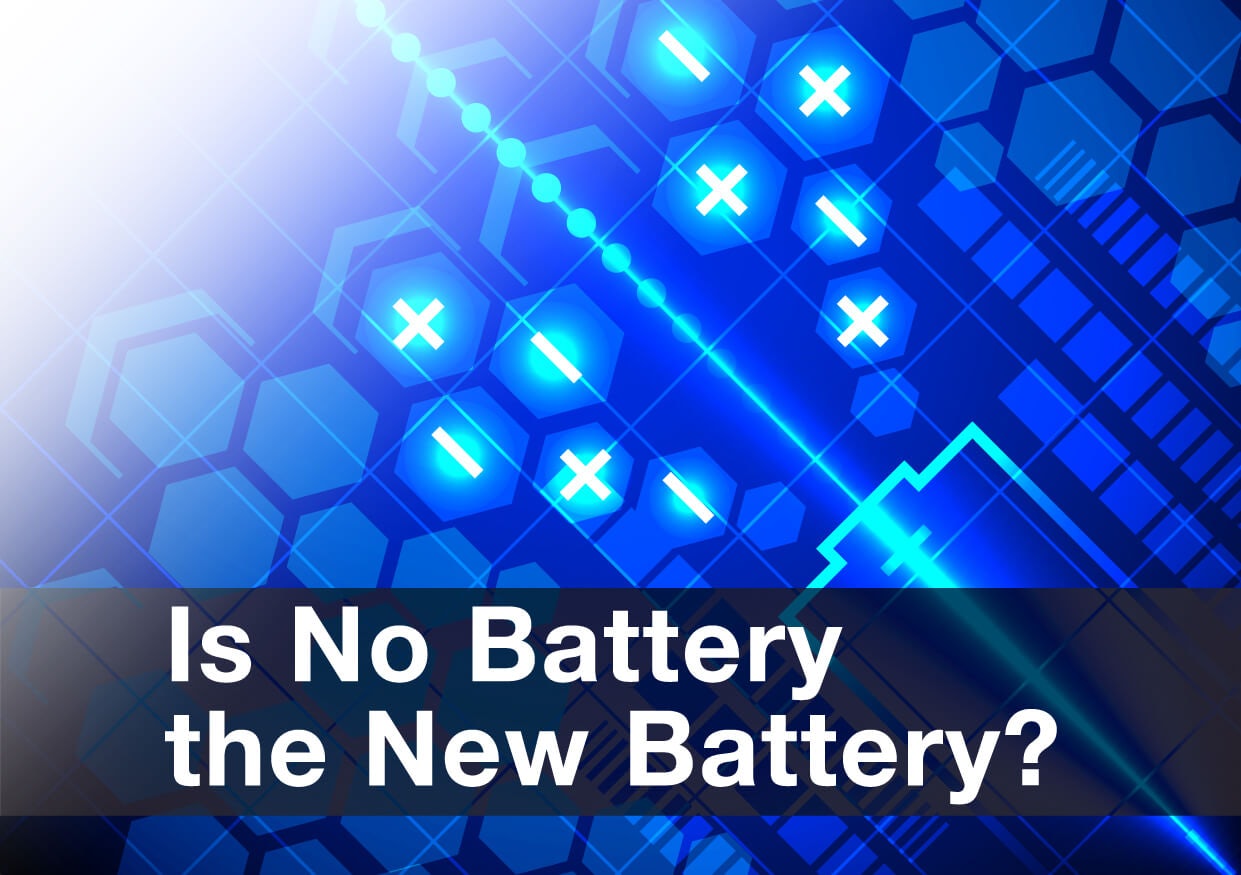Is No Battery the New Battery?
The modern world of technology is very intent on finding the most powerful, efficient battery to power emerging gadgets and concepts – IoT, smart appliances and AI, to name a few.
Each breakthrough is met with much interest and encouragement, as batteries are seen as the future. However, one research group from the University of Washington disagrees with this.
The group’s efforts have concentrated on phones that work with no battery at all. They’ve focused on developing a mobile phone that runs on 2-3 microwatts, which it can pull from ambient radio frequency waves, ambient light or both: of course, this means the phone must consume close to no power at all and must therefore be considerably simple. The phone’s transmission system also works through an external base station, which saves it further power usage – because of this, coverage for these mobiles is limited to where the base station can be found. The research group’s idea is to have all WiFi routers sold with the base station pre-installed, thus giving coverage nearly everywhere.
According to Bryce Kellogg, one of the team members, the transmission was the biggest issue in creating the phone. “That’s been the biggest challenge — the amount of power you can actually gather from ambient radio or light is in the order of 1 or 10 microwatts. So real-time phone operations have been really hard to achieve without developing an entirely new approach to transmitting and receiving speech.”
The concept alone is exciting – a form of technology that works on power drawn from air is ground breaking, but what is even more enthusing is what this means for the development of power sources. It is another step towards easier electronics, and as power can be received via Radio Frequency, devices underground could experience trials or permanent solutions with no batteries. Devices in difficult to reach places could greatly benefit from such a powering option as they wouldn’t need regular battery changes or charges with a cord.
Dashboard thinks devices without batteries could very well be the future of many tools in our fields: sensors, mini-consoles and transmitters (other than audio) do not require massive power but need to last a long time. This is why we, with as much faith in batteries as we have, are so enthusiastic about this concept.
